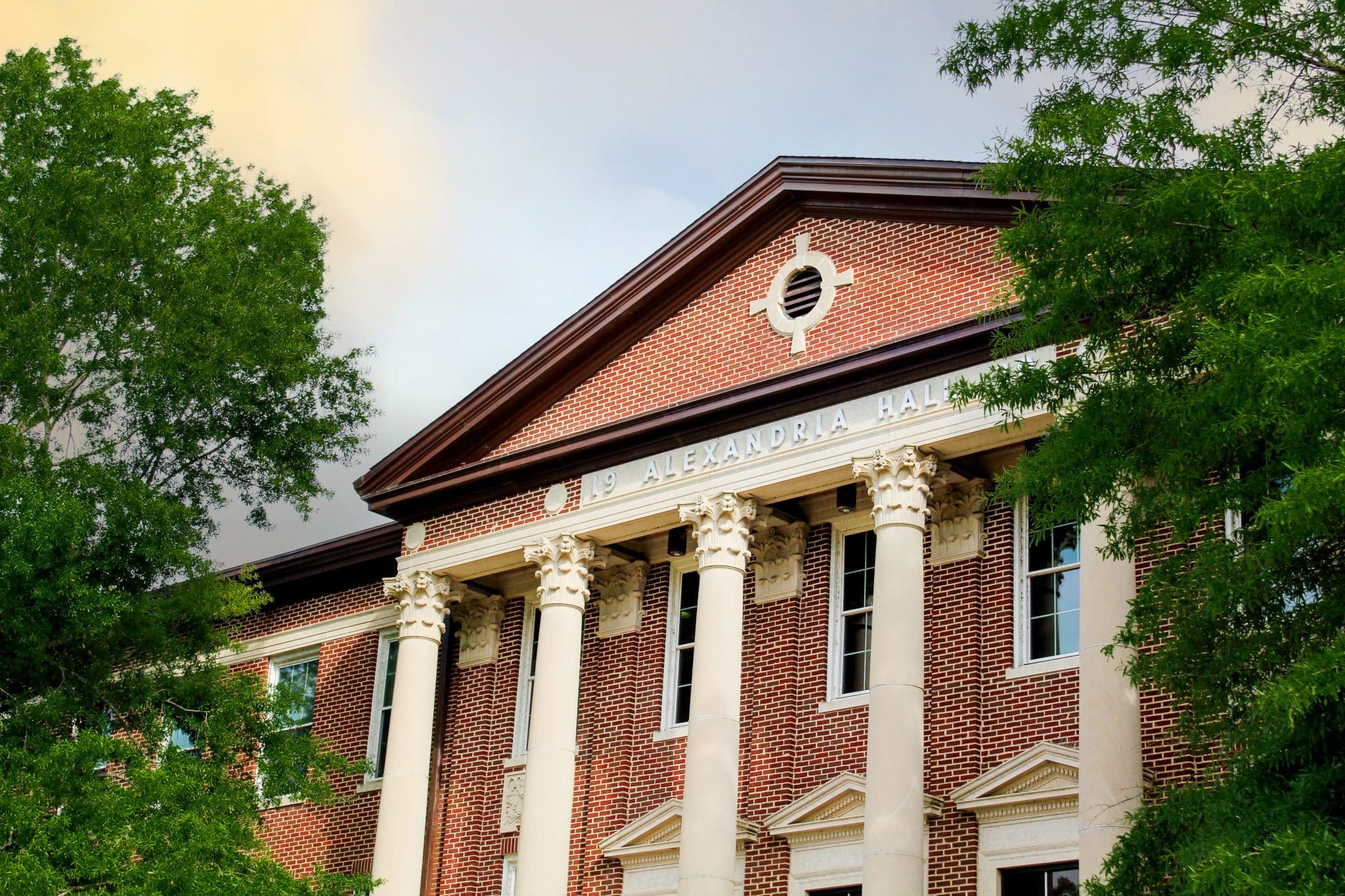By Elizabeth Clarke, LCU News
PINEVILLE, La. (LCU News) – Louisiana Christian University has become the first university in the state to accept the Classic Learning Test as a qualifier for Taylor Opportunity Program for Students scholarships.
While similar to the ACT and SAT that also include sections that test reading, verbal, math and logic skills, the CLT focuses on classical literature, moral philosophy and history.
The test also takes two hours to complete, compared to the ACT’s three-hour minimum rate. Additionally, the CLT can be taken online and proctored electronically, compared to the ACT and SAT, which must be taken at an official testing center.
“Current research suggests that 10 to 30 percent of secondary education students experience test anxiety at some point in their educational experience,” LCU Director of Counseling Services Amy Dufrene. “High-stakes tests, such as the SAT or ACT, can be triggering for those who experience this type of anxiety, due to the unfamiliarity of testing sites and/or time constraints associated with the exam.”
Shortened testing time and the ability to access the examination at home with remote proctoring can be significant for these students, she said.
“When test anxiety is mitigated,” Dufrene said, “the student who experiences it will perform better academically.”
LCU officials said this test will appeal to Christian schools and homeschooled students, who often focus more on a classical education in historical texts and classic works of literature, rather than more modern and sometimes controversial works of fiction.
“We are honored to embrace the Classic Learning Test as another pathway for students pursuing higher education,” said LCU President Mark Johnson. “Opening doors of access and opportunity for the next generation of qualified prospective students is not just an initiative but a responsibility.”
The Louisiana State Legislature approved the CLT in the 2025 legislative session, which allows it to be accepted for the TOPS funds with a qualifying score. The CLT is accepted by about 300 colleges and universities nationwide, according to its website, including public universities in Florida and Arkansas.






